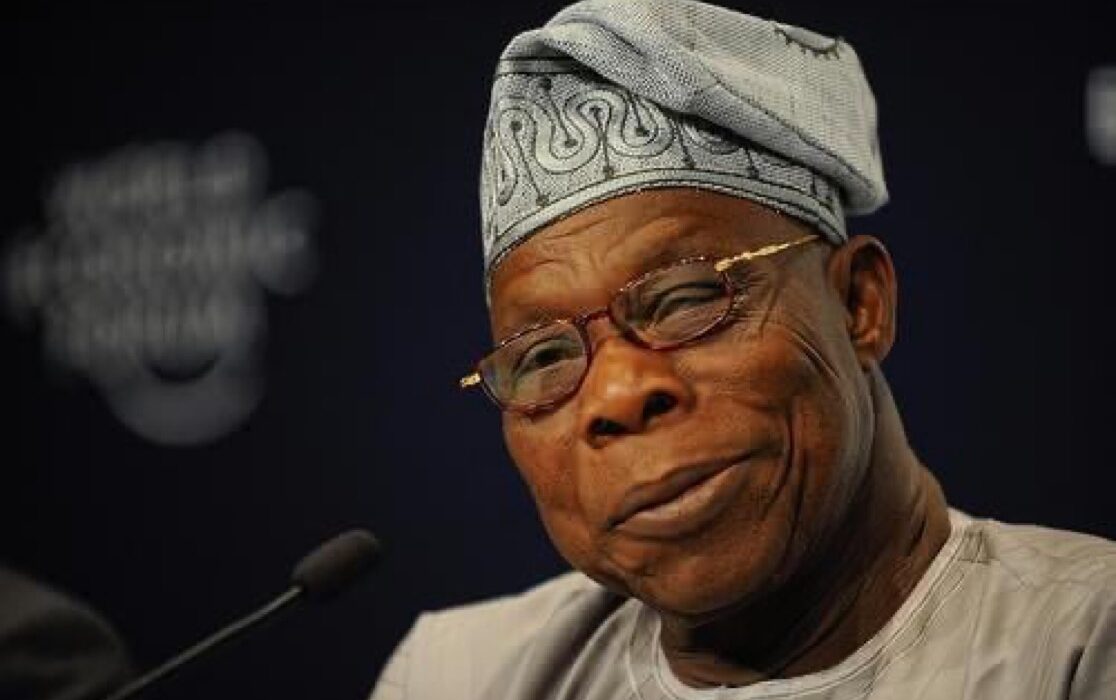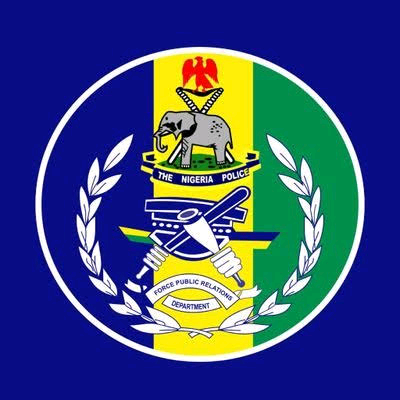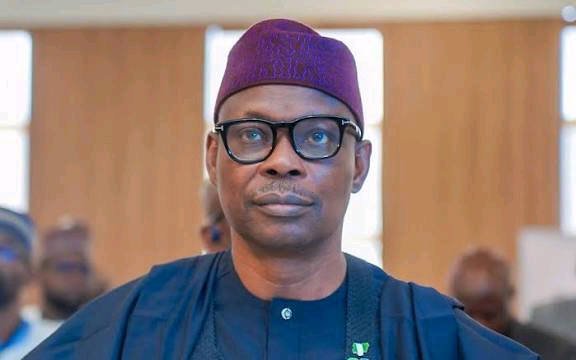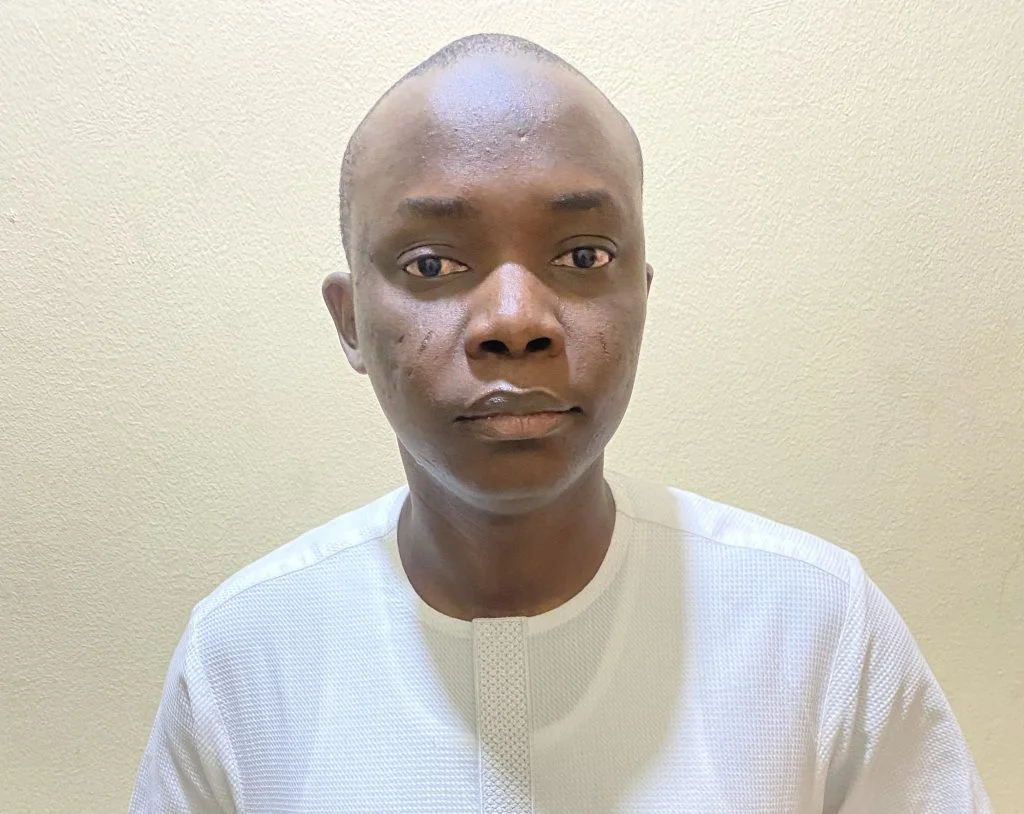In 2004, Nigeria Foiled Coup Plot to Oust Obasanjo

In April 2004, Nigeria narrowly averted what could have been a major setback to its democratic journey when security agencies foiled a plot to overthrow the administration of then-President Olusegun Obasanjo.
The alleged coup attempt came just five years after the country’s return to civilian rule in 1999, marking one of the most serious threats to Nigeria’s young democracy at the time.
Nearly 30 mid-ranking military officers were implicated in the plan, sparking widespread concern across the political and security landscape.
According to reports, the officers some serving and others retired were accused of holding secret meetings and recruiting support within the armed forces to execute the plot.
The discovery of the plan prompted swift action from intelligence and military authorities, who launched a series of arrests and interrogations to prevent its execution.
The Defence Headquarters later confirmed the arrests, stating that those detained were being questioned for activities deemed “prejudicial to national security.”
President Obasanjo, a retired general who had previously handed power to a civilian administration in 1979 after serving as military head of state, responded firmly, ordering a full investigation into the incident.
He also assured Nigerians and the international community that the democratic government remained firmly in control and that due process would be followed in handling the suspects.
The foiled coup rekindled fears of instability and raised questions about loyalty and discipline within the ranks of the Nigerian military, an institution that had dominated the nation’s politics for decades before the return of democracy.
Political observers at the time described the development as a crucial test of the resilience of Nigeria’s Fourth Republic and a reminder of the delicate balance between civilian authority and military influence.
In the aftermath, the Obasanjo administration intensified internal security measures and promoted reforms within the military to strengthen professionalism and prevent future threats to democratic governance.
The 2004 coup plot remains one of the most significant episodes in Nigeria’s post-1999 democratic history a reminder of how fragile the country’s democracy once was, and how close it came to disruption.








